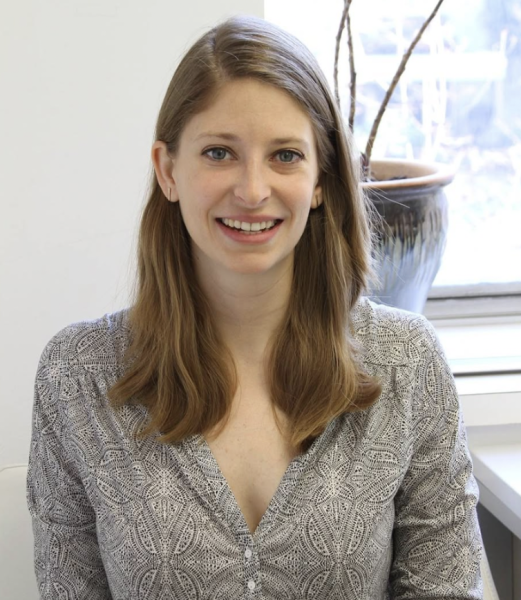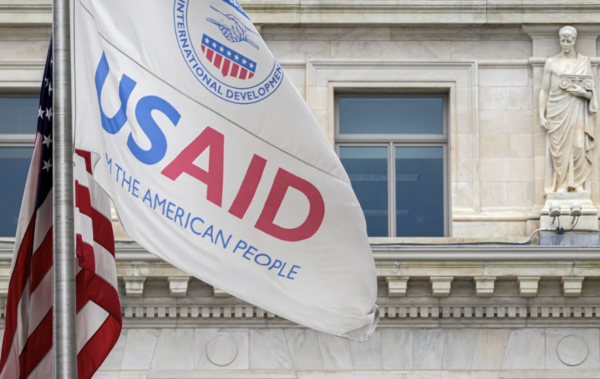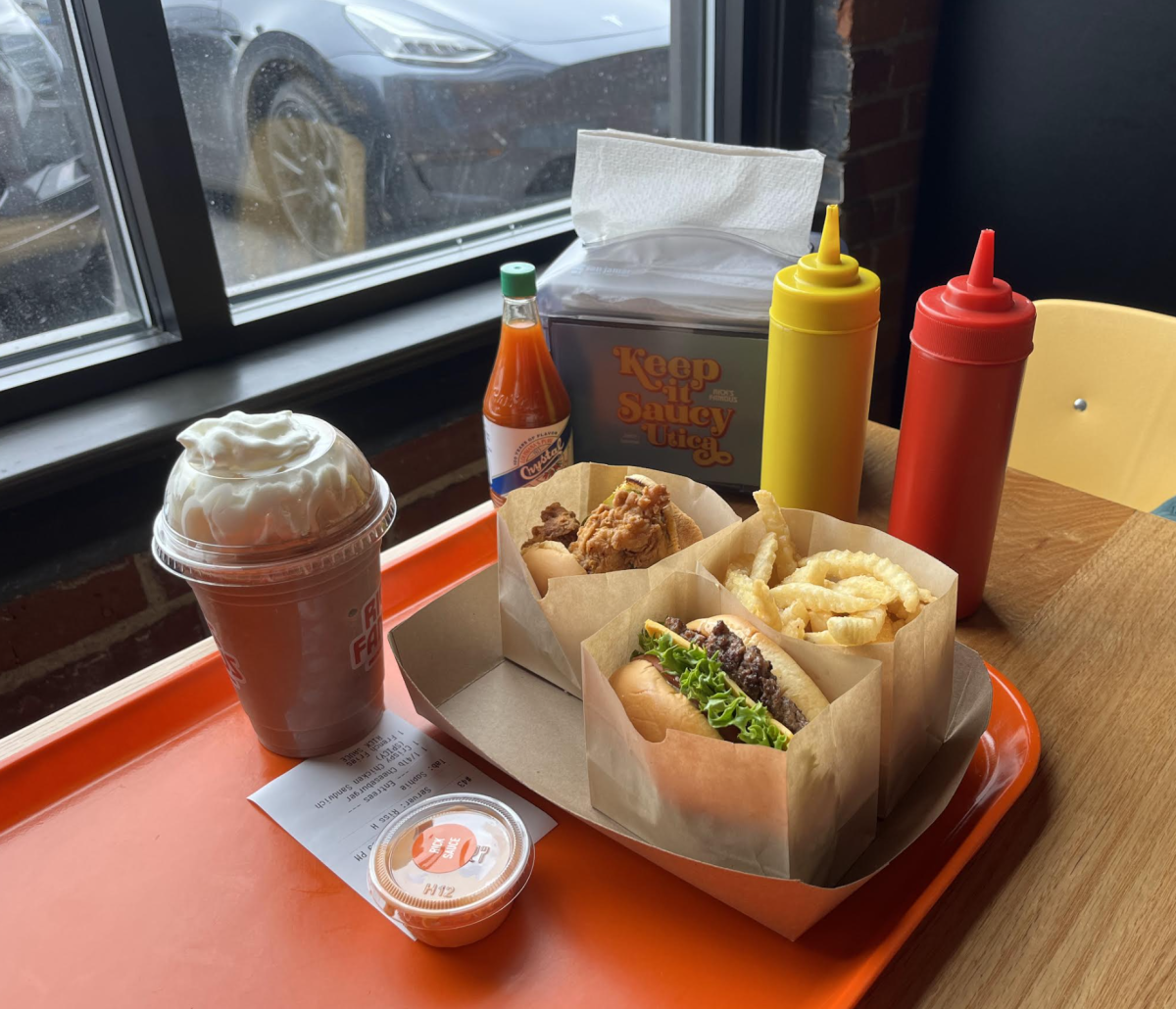
On Thursday, April 3, Hamilton alumna and former United States Agency for International Development (USAID) employee Sarah Pfund ’14 Zoomed in from Ukraine to speak to students about pursuing a career in foreign relations. During her time at Hamilton, Pfund studied World Politics and went on to earn a master’s in International Economics. Sitting at her desk, with moving boxes piled up behind her, Pfund began by sharing that she had recently received notice that in July she would officially be terminated from USAID per Trump’s Executive Order. Pfund shared that she was in a very similar position to the crowd of students tuning in as she too is facing a job hunt of her own. Pfund let students in on the approach she planned to take on her quest for a new job. First, she plans to take the summer off and hike. She emphasized the importance of capitalizing on time off when it is imposed on you and the value in leisure. Then, she plans to see where her colleagues at USAID landed jobs and if any of their new places of work had job opportunities that pique her interest. From there, she said she hopes to leverage her network of former colleagues to move toward securing a job opportunity. She urged Hamilton students to take a similar approach to job searching and look to peers who landed opportunities.
For students interested in government work, Pfund emphasized the value in physically moving to Washington, D.C. post-graduation. “I actually found the path I wanted to be on, found the jobs I was interested in because I moved to D.C., ” Pfund said. She admitted, “I unfortunately think D.C. is so much of a bubble that it’s really hard to break into from the outside of it. Meaning it’s hard to make the connections but it’s also hard to know what is actually available.” Pfund recognized that moving to D.C. is a big deal and a difficult ask for some students, but that there is a huge payoff that comes with physically living in D.C. in terms of securing jobs in government and politics: “Even if you don’t have a job right away, take a job waiting tables. Actually being there makes a really big difference.”
Pfund began her career as an education consultant reviewing programs in underserved schools across the U.S. and recommending improvements, a job found through another Hamilton graduate. She explained that it was through this experience she discovered she was more interested in actually making decisions about government programs rather than serving in an advisory role. “I would not have learned that if I had not taken that job,” she said. From there, Pfund went on to enroll in a Master’s program.
Pfund recommended that Hamilton students work before going to grad school. She said, “I would not go to grad school right after college. I think it made a major difference that I had a job before grad school. Your first job out of college is probably not going to be your dream job. It provides you with some direction. You’ll end up picking a better program for you. They will come in with clear, defined goals and gain the skills necessary for the opportunities they are interested in after they graduate. She explained that it is very obvious who worked before coming to grad school and who is fresh out of undergrad.
In terms of how students can make best use of their time at Hamilton, Pfund encouraged students to take risks. Pfund explained that college is an important time to explore different things that may or may not end up showing up in your career down the line. She also urged students to take advantage of Hamilton’s commitment to writing instruction: “Writing is very important. If you can improve your writing, you really should.” Most importantly, Pfund explained that college is a time “to do whatever you want while you’re in a controlled environment.” According to Pfund, after college people unfortunately stop taking risks: “People stop taking risks and stop taking chances once they’re in the adult world. If you can take a lot of chances while you’re in college, you’ll be less scared to do that once you leave.”

















